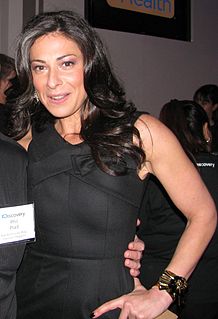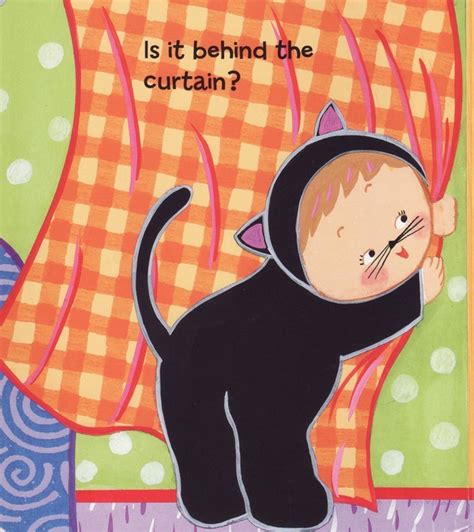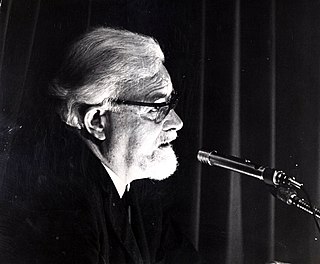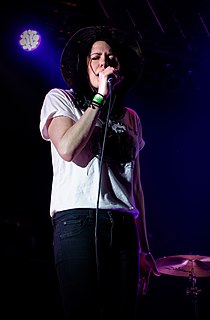A Quote by James Hillman
People used to trust their doctor. They went to an expert. Now people have new ideas and are thinking for themselves. That's a very important change in our collective psychology.
Related Quotes
When we speak about climate change, you're a victim of something ... which is happening with deep roots where you don't have - anything to deal with. And people just want to choose a life. That's very much important. And I think one of the key elements of the collective battle we have today, in order to fight against climate change is to provide people the ability to choose a life. To have a better life by behaving differently, by innovating, by creating new type of companies and startups, new type of activities.
Change is difficult and it takes time. It is hard for people to change their own behavior, much less that of others. Change programs normally address attitudes, ideas, and rewards. But the behaviors of people in organizations are also strongly shaped by habits, routines, and social norms. Real change requires new power relationships, new work routines and new habits, not just intent.
We have literature indicating that overwhelmingly, health is influenced by a very short list of modifiable behaviors topped by three: tobacco use, physical activity and dietary pattern. You could modify those three things; you can change people's fate. I wanted to change those. Smoking cessation, important but relatively simple - a lot of people are working on that. Physical activity: important to me, important to health but also relatively simple. I like nutrition. It's complicated; you really need to learn a lot of stuff to be an expert there.
Nobody can be saved from anything, unless they save themselves. It is hopeless doing things for people - it is often very dangerous to do things at all - and the only thing worth doing for the race is to increase its stock of ideas. Then, if you make available a larger stock, people are at liberty to help themselves from out of it. By this process the means of improvement is offered, to be accepted or rejected freely, and there is a faint hope of progress in the course of millennia. Such is the business of the philosopher, to open new ideas. It is not his business to impose them on people.
It is always the young that make the change. You don't get these ideas when you're middle-aged. Young people have daring, creativity, imagination and personal computers. Above all, what you have as young people that's vitally needed to make social change, is impatience. You want it to happen now. There have to be enough people that say, ‘We want it now, in our lifetime.’ This is your moment. This is your opportunity. Be adventurists in the sense of being bold and daring. Be opportunists and seize this opportunity, this moment in history, to go out and save our country. It's your turn now.
It used to be, if you were a reporter, you wrote a story and then you moved on to the next one. We were used to people coming to the New York Times. We waited for them to turn on our website or to pick up our print paper and see what we have. We now understand that we have to make our stories available to our readers. A lot of people get their news from Facebook or Twitter and we want to make sure that they see some of our best stories there, too. We do this more aggressively now than we did before.






































